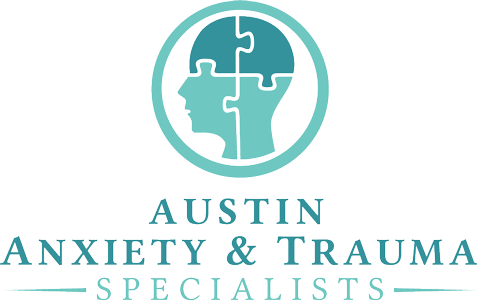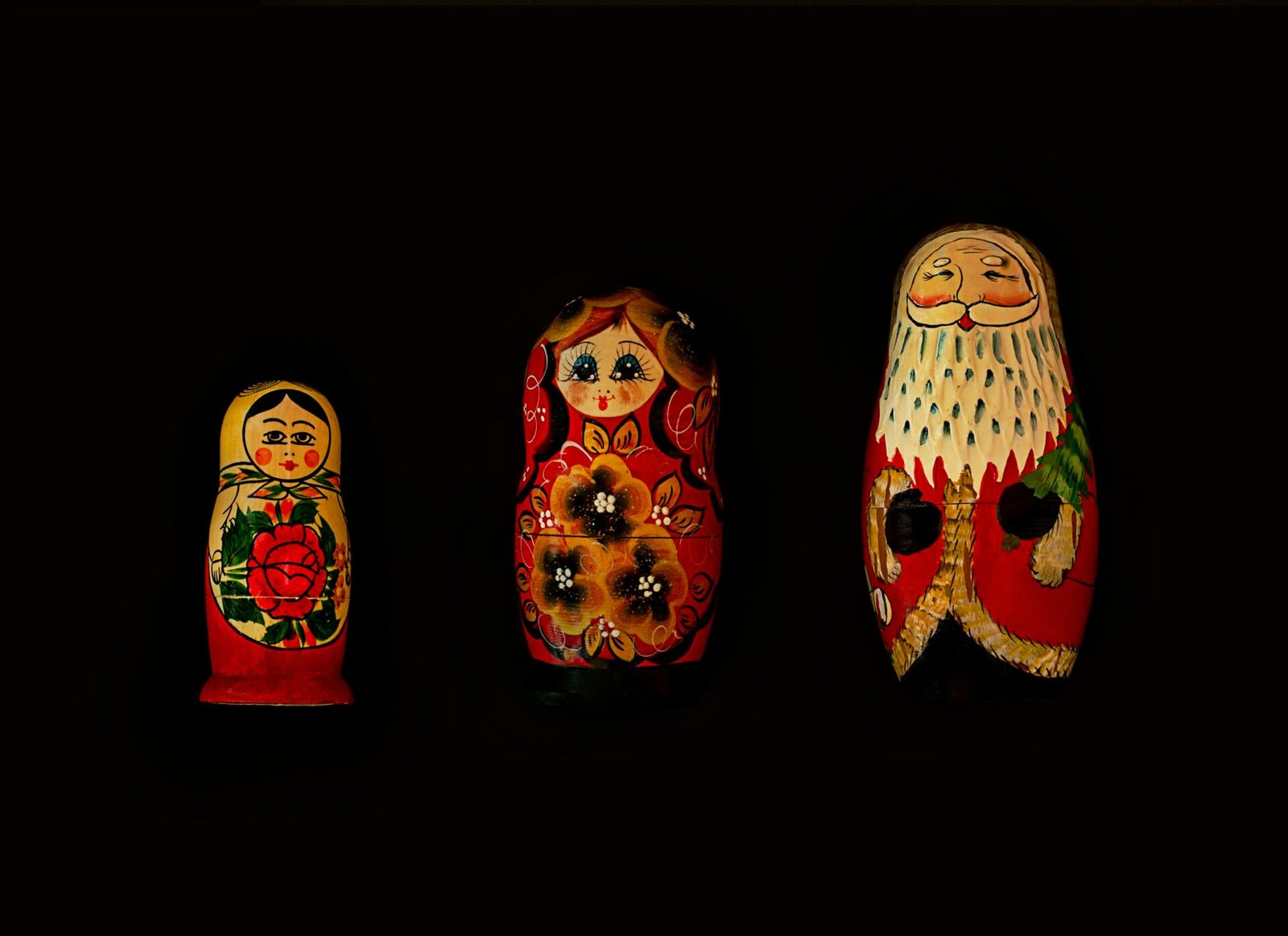Lately, it might feel like the world is shifting fast with new technology, fashion and self-care trends popping up on social media every couple of days. Many of these trends directly affect our lives in one way or another, even when we don’t see it. Whether it’s through what we see on our social media feeds or what we talk about at the dinner table, our minds are constantly being engaged by an overwhelming amount of information.
If you’re already navigating anxiety and burnout, staying grounded through change can feel a lot more challenging. We’re here to sift through some of the noise and highlight the trends of 2025 that are positively shaping the way we understand and care for our mental health.
-
Artificial Intelligence Meets Mental Health
With tools like Chat GPT becoming part of daily life for many of us, AI isn’t just powering our playlists or search results anymore. In 2025, mental health professionals are thoughtfully exploring how it might be used as a supportive tool in therapy and care. Some psychologists are using AI to help analyze speech patterns or track mental health symptoms more efficiently, while others are exploring AI-assisted apps that offer extra support between therapy sessions.
These technologies aren’t meant as a replacement for human connection or licensed care, but they’re showing a potential to make mental health resources more accessible. As with any new tech, responsible use and balance is crucial. AI should always enhance—not replace—the deep empathy and warm understanding that only a human therapist can provide.
And as tech transforms mental health care, another frontier is opening up—this time through natural substances and modern science that are helping people heal in entirely new ways.
Keep reading: AI Therapy: Can I Trust GenAI with My Mental Health?
-
Psychedelics Are Making A Grounded Return
Psychedelic-assisted therapy is making headlines again, but this time it’s backed by growing research and regulation. In 2025, FDA-approved treatments involving psilocybin—from “magic” mushrooms—and MDMA, commonly known as ecstasy, are being explored as part of clinical care for conditions like PTSD, treatment-resistant depression and end-of-life anxiety.
Early studies suggest that, when used in carefully controlled settings with trained professionals, psychedelics could help individuals process trauma, reframe painful thoughts, and experience significant emotional breakthroughs. While there’s still more research needed before these treatments become widely available, this new approach offers hope—especially for those who haven’t found relief through more traditional therapy methods across the years.
-
Sleepmaxxing May Be Here To Stay
It’s time to move over, hustle culture—rest is finally getting the spotlight it deserves. One of this year’s buzziest health trends is “sleepmaxxing,” or optimizing your sleep the way you might a workout or skincare routine.
From sleep trackers and high-tech pillows to gentle sleep-promoting rituals like brown noise, lavender spray, or magnesium supplements, people are treating sleep as essential—not optional. And that’s good news for mental health. According to the National Sleep Foundation, 9 in 10 adults who report good sleep satisfaction are flourishing in their daily lives. It’s no surprise considering deep, restful sleep is closely linked to emotional regulation, memory and overall health.
Because things like depression, trauma, anxiety and neurodivergence can all impact sleep, experimenting with gentle habits—like winding down without screens or using calming sounds—can help signal safety to your nervous system and provide a whole lot of relief.
Keep reading: Sleep for Mental Health: 8 Tips to Enhance Your Sleep Hygiene
-
Embracing Community Through Collective Healing
Another big shift we’re seeing in 2025 is a move away from “self-help” as a solo mission. Much like in the movie, Thunderbolts*, we’re seeing a call for collective healing—where support, connection, and shared experiences play a bigger role in recovery.
Whether it’s peer-led mental health groups, BIPOC healing spaces, LGBTQ+ affirming therapy collectives, or even group runs and journaling circles, people are finding comfort in not having to “go it alone.” This return to our roots and emergence of community is showing us there’s something powerful about being witnessed and supported just as you are.
But we’re not leaving personal growth behind, either.
-
Emotional Fitness Is The Hottest New Workout
Just like we stretch or lift weights to build muscle, 2025 is bringing more attention to emotional strength as a daily practice. Emotional intelligence is becoming the new sexy, especially in today’s turbulent dating scene. More people are looking for partners who can sit with discomfort, recognize thought spirals, or name what they’re feeling in the moment—or at least show they’re doing the work to learn how.
But emotional fitness doesn’t mean being “positive” all the time. Instead of forcing optimism or suppressing emotions until they become an overwhelming void, emotional fitness is about learning how to move through difficult feelings with self-compassion. Journaling apps, mental health podcasts, and even wearable biofeedback devices are helping people check in with themselves more often and approach their emotions with more clarity and curiosity.
Keep reading: Ditching Dating Apps? Try Mindful Dating (Very Demure, Very Cutesy)
It’s Never Too Late To Heal
Trends may come and go, but one thing doesn’t change: you deserve support and understanding. Whether you’re experimenting with brown noise, trying to sleep better, or just wondering why you feel a little “off” lately, your experience matters. If the tools you’ve picked up don’t feel like enough, a therapist can help you navigate life’s challenges and help you reconnect with your strength, even on the hard days.
At Austin Anxiety and Trauma Specialists, our compassionate, board-certified therapists are here to walk with you—whether you’re facing anxiety, healing from trauma, or simply feeling overwhelmed by everyday life. Book your first appointment with us today and get the care you deserve. You don’t have to face it by yourself. We can help.






